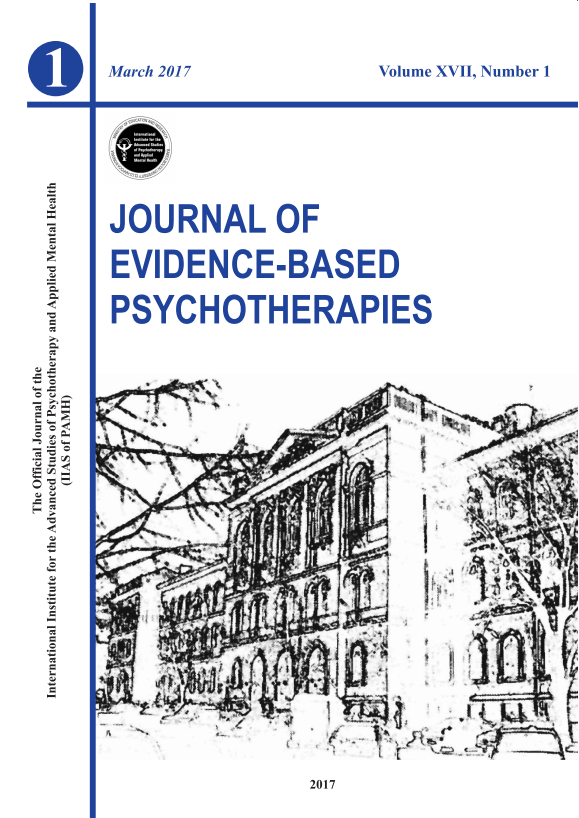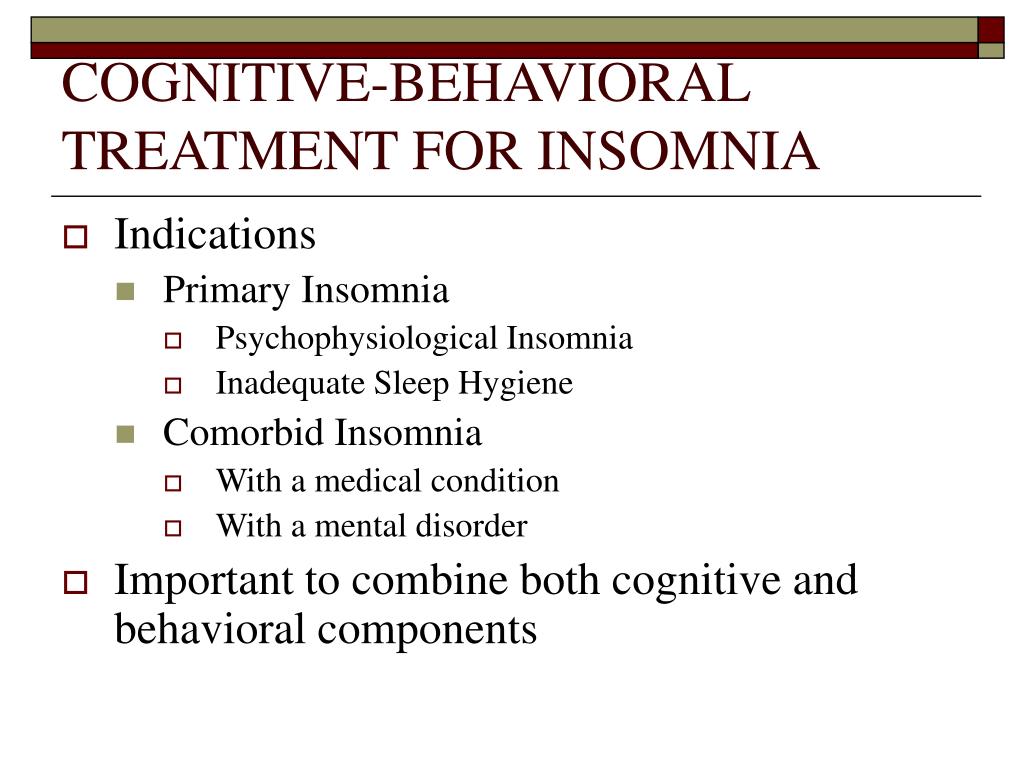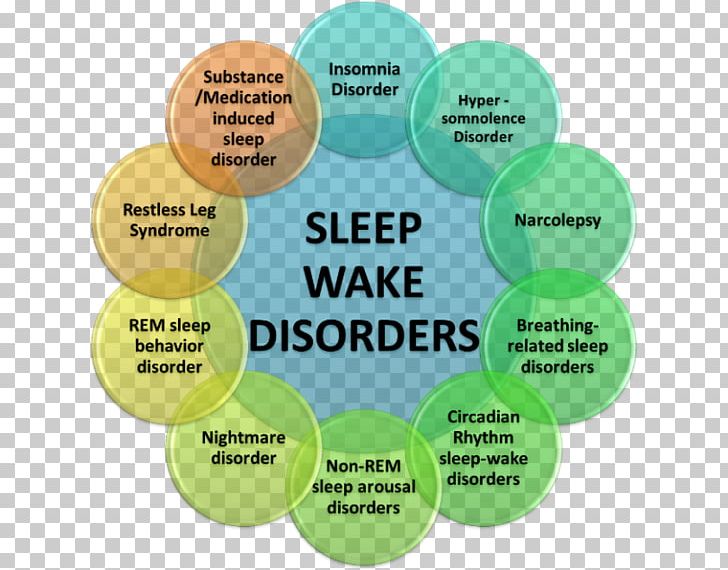

001).Īlthough both treatments produced meaningful and durable improvements, CBT-I was more effective and should be the first line of therapy. The app is based on Cognitive Behavioral Therapy for Insomnia (CBT-I). CBT-I was more effective for those who were male (P <. The Insomnia Coach app was created for everyone, including Veterans and Service members, to help manage insomnia. Acupuncture was more effective for pain at the end of treatment both groups had similar improvements in fatigue, mood, and quality of life and reduced prescription hypnotic medication use. Cognitive behavioral therapy, sometimes called CBT, can effectively treat long-term sleep problems like insomnia. 001) however, both acupuncture and CBT-I produced clinically meaningful reductions in insomnia severity (acupuncture: -8.31 points, 95% confidence interval = -9.36 to -7.26 CBT-I: -10.91 points, 95% confidence interval = -11.97 to -9.85) and maintained improvements up to 20 weeks. Cognitive behavioral therapy for insomnia (CBT-I), a psycholog-ical and behavioral treatment with well-established efficacy,33-36 is a promising candidate for several reasons.

CBT-I was more effective than acupuncture posttreatment (P <. The mean age was 61.5 years and 56.9% were women.
Cognitive behavioral therapy for insomnia manual#
This Cognitive Behavioral Therapy for Insomnia in the Military (CBTi-M) manual was. We used linear mixed-effects models for analyses. Cognitive Behavioral Therapy for Insomnia in the military (CBTi-M). CBTIweb A provider-focused, web-based learning course in Cognitive Behavioral Therapy for Insomnia. We measured insomnia severity (primary outcome), pain, fatigue, mood, and quality of life posttreatment (8 weeks) with follow-up until 20 weeks. Cognitive behavioral therapy for insomnia (CBT-I) is an empirically validated approach to cognitive behavioral therapy for the treatment of chronic insomnia. Virginia RunkoCognitive Behavioral Therapy for Insomnia (CBT-I) is evidence-based and is recommended as the first-line treatment for insomnia i. CBT-I included sleep restriction, stimulus control, cognitive restructuring, relaxation training, and education. Acupuncture involved stimulating specific points on the body with needles.
Cognitive behavioral therapy for insomnia trial#
This randomized trial compared 8 weeks of acupuncture (n = 80) and CBT-I (n = 80) in cancer survivors. Cognitive behavioral therapy for insomnia (CBTI) guides patients through a series of changes in sleep-related behaviors. Although cancer survivors express a preference for using nonpharmacological treatment to manage insomnia, the comparative effectiveness between acupuncture and Cognitive Behavioral Therapy for Insomnia (CBT-I) for this disorder is unknown.

Insomnia is a common and debilitating disorder experienced by cancer survivors.


 0 kommentar(er)
0 kommentar(er)
